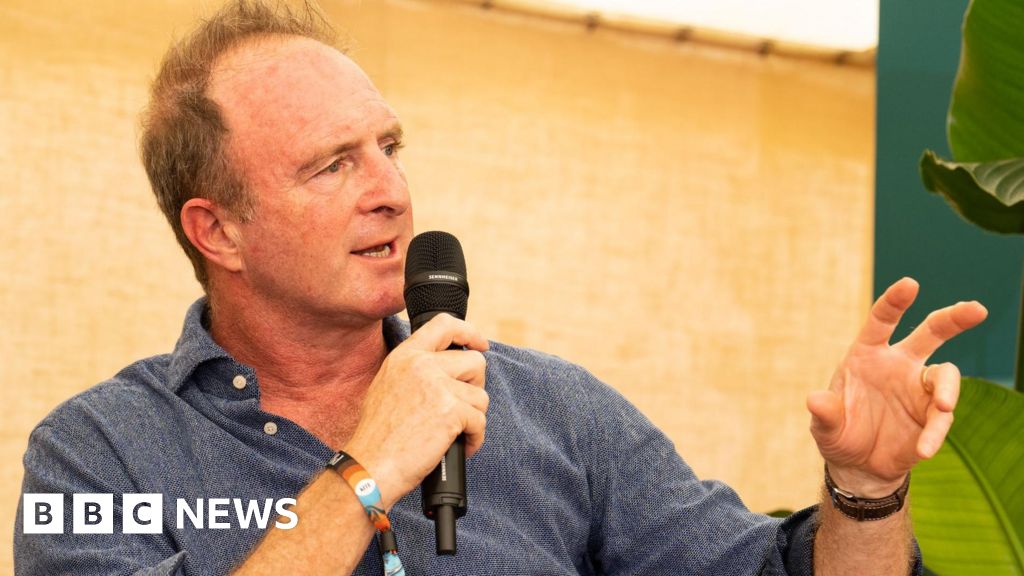The BBC and Political Interference
The BBC should be protected from "political interference", according to the company’s former director of news, James Harding. This statement comes after the Culture Secretary, Lisa Nandy, appeared to call for the resignation of Director-General Tim Davie earlier this year. Nandy’s comments were made after the BBC’s iPlayer transmission of Bob Vylan’s controversial Glastonbury set in June, which led to several employees being asked to step down from their duties.
The Bob Vylan Controversy
The punk duo’s performance included chants about the death of the IDF (Israel Defence Forces) and other derogatory comments. Nandy’s later call for accountability at the head of the company for the decision not to cut the live stream of the performance was interpreted as a demand for Davie’s resignation. Harding criticized "political interference" or the perception of it in relation to the BBC, saying it was something "we’ve got used to".
The Importance of Independence
Harding emphasized that the BBC must remain independent of the government, regardless of who is in power. He stated that the perception of a "political presence about the BBC" was a problem and that the broadcaster must be "beyond the reach of politicians". The BBC has been criticized for several high-profile scandals in recent months, including violating its own editorial guidelines for accuracy regarding a documentary about Gaza.
The Role of the BBC in Defending Truth
Harding argued that the BBC plays a crucial role in defending truth in an age of artificial intelligence (AI) and declining trust in traditional media. He said that the company was "the best defense of truth and trust against the lies of dictators and demagogues". With the rise of AI and social media, Harding believes that the BBC is more important than ever in providing a reliable source of information.
The Future of the BBC
The BBC’s Royal Charter is up for renewal in 2027, and it has not yet been decided whether the license fee will be replaced by a new funding system. Harding suggested that a mixture of funding models could be explored, including a potential replacement for the license fee. He also proposed opening up programming to independent producers to make the BBC more of a "people’s platform" and enable more diverse thinking while maintaining standards of truth and accuracy.
Conclusion
In conclusion, the BBC’s independence is crucial in maintaining its role as a trusted source of information. With the increasing presence of AI and social media, the BBC’s commitment to truth and accuracy is more important than ever. As the company approaches its charter renewal, it is essential to consider new funding models and ways to maintain its independence while adapting to the changing media landscape.

